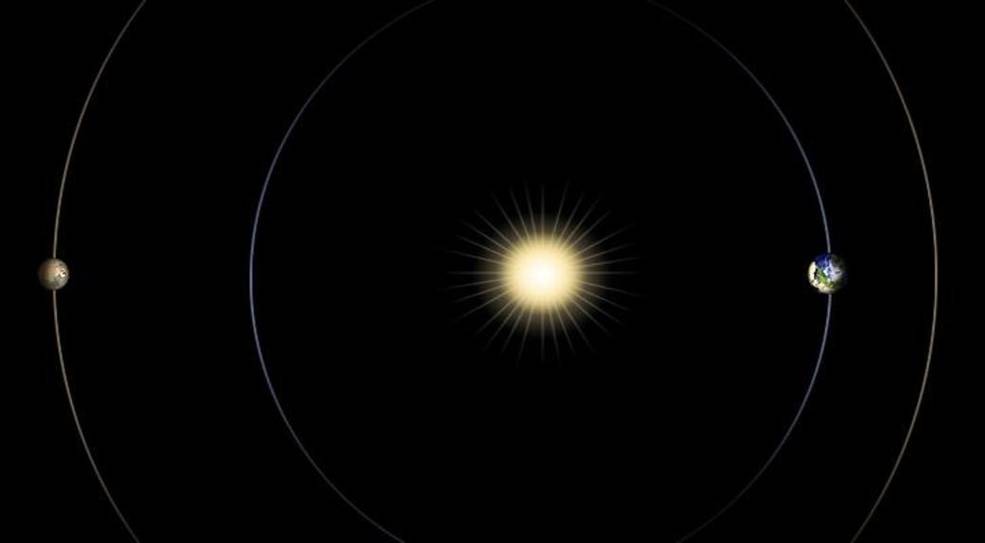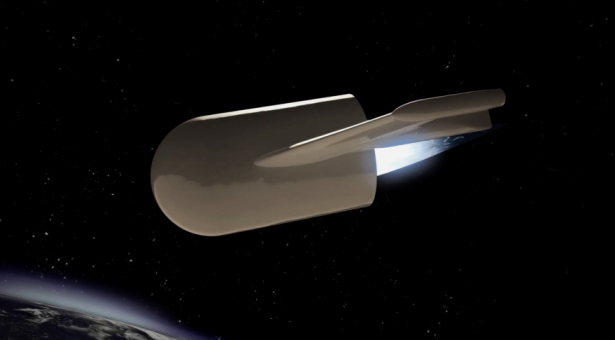
This diagram illustrates the positions of Mars, Earth and the Sun during a period that occurs approximately every 26 months, when Mars passes almost directly behind the Sun from Earth's perspective. This arrangement, and the period during which it occurs, is called Mars solar conjunction. Image credit: NASA/JPL-Caltech
BENGALURU (PTI): Starting Monday, India's low-cost Mars mission that is in a rendezvous with the Red Planet for an extended period, will enter the "blackout" phase snapping communication with the satellite.
From June 8 to 22, the Sun will block Mars from the Earth, snapping communication with the satellite.
MOM during this period will go into an "autonomous mode" and will take its decisions, a senior Indian Space Research Organisation official told PTI.
"This will be for the first time that there will be a communication break for such a long period of about 15 days.
During this period, there will not be any communication with the satellite," he said.
Expressing confidence about regaining control over the satellite once the blackout phase is over, he said, "the scenario has been tested for earlier; line of communication will be established."
The spacecraft's life was extended for another six months in March due to surplus fuel.
Stating that the spacecraft has been "configured" for the blackout, the ISRO official said, "we are not sending any commands to the spacecraft now, till 8th (June) few hours of signals will be sent by the spacecraft - that will be for about two to three hours per day."
In May next year, the mission will have to go through a similar phase once again, if there is another extension of mission life when the Earth will come between the Sun and Mars.
Scripting space history, India on September 24, 2014 successfully placed its low-cost Mars spacecraft in orbit around the Red Planet in its very first attempt, breaking into an elite club of three countries.
The ISRO spacecraft was launched on its nine-month-long odyssey on a homegrown PSLV rocket from Sriharikota in Andhra Pradesh on November 5, 2013 and had escaped the Earth's gravitational field on December 1, 2013.
 Previous Article
Previous Article Next Article
Next Article












The Indian Air Force, in its flight trials evaluation report submitted before the Defence Ministry l..
view articleAn insight into the Medium Multi-Role Combat Aircraft competition...
view articleSky enthusiasts can now spot the International Space Station (ISS) commanded by Indian-American astr..
view article